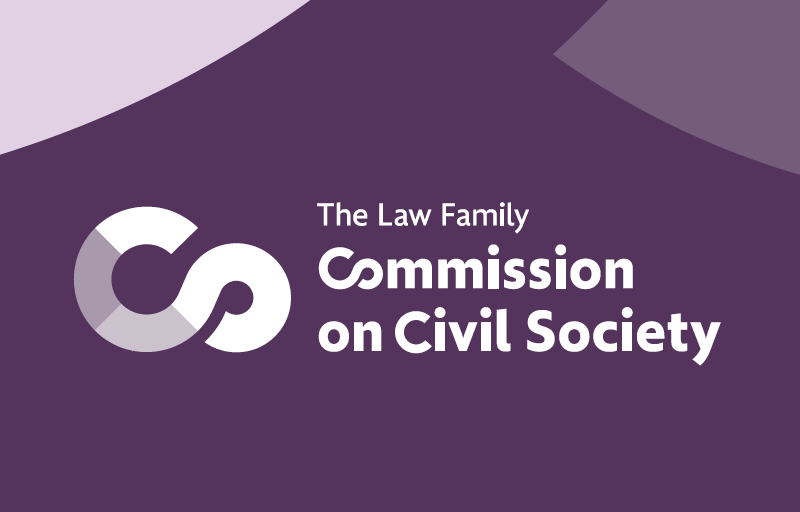Three quarters of charity leaders are concerned about the risks their staff face from burnout caused by a “perfect storm” of post Covid-19 pandemic pressures on the sector.
Pressures around lack of funding and rising demand will escalate this winter, according to six in ten charity leaders.
A surge in demand post-Covid-19 is a key factor in the burnout fears, cited by more than half of charity leaders.
Funding constraints, rise in living costs among beneficiaries, NHS backlogs and cuts to services are among other factors in rising fears of burnout among charity leaders.
The findings have emerged in a survey of charity leaders carried out by YouGov for Pro Bono Economics’ Law Family Commission on Civil Society.
This points out that the charity sector “could be heading into winter with a permanent £6.6bn gap in public giving due to the Covid-19 health crisis.
Just under half (45%) of charity leaders are also concerned about the risk of burnout facing their volunteers.
Four in ten charities do not expect to have the capacity in place to meet growing demand this winter.
Among the worst affected charities this winter will be social care and health sector organisations.
“The pandemic created an unprecedented crisis for the country’s charities, with demand for their help rocketing at precisely the time that many of them faced a sharp squeeze on resources,” said Pro Bono Economics commissioner Matt Whittaker.
“It is a testament to the strength and resilience of the sector that it has continued to undertake so much vital work in the face of such challenges.
“After 20 months of upheaval from the pandemic, it is clear from this study for the Law Family Commission on Civil Society that charities are finding it increasingly difficult to sustain their activity.
“Sector leaders have told us they are bracing for a perfect storm of pressures this winter, which many do not expect to have the capacity to meet.
“Ultimately, overcoming these challenges means ensuring more resources make their way into charities from government, funders and the public.
"But it’s important too that we recognise the importance of the sector to our wider national outlook – particularly its potential to boost our post-pandemic recovery - by overturning the policy neglect it has suffered from for far too long.”
Charity Times video Q&A: In conversation with Hilda Hayo, CEO of Dementia UK
Charity Times editor, Lauren Weymouth, is joined by Dementia UK CEO, Hilda Hayo to discuss why the charity receives such high workplace satisfaction results, what a positive working culture looks like and the importance of lived experience among staff. The pair talk about challenges facing the charity, the impact felt by the pandemic and how it's striving to overcome obstacles and continue to be a highly impactful organisation for anybody affected by dementia.
Charity Times Awards 2023
Mitigating risk and reducing claims

The cost-of-living crisis is impacting charities in a number of ways, including the risks they take. Endsleigh Insurance’s* senior risk management consultant Scott Crichton joins Charity Times to discuss the ramifications of prioritising certain types of risk over others, the financial implications risk can have if not managed properly, and tips for charities to help manage those risks.
* Coming soon… Howden, the new name for Endsleigh.
* Coming soon… Howden, the new name for Endsleigh.
Better Society

© 2021 Perspective Publishing Privacy & Cookies











Recent Stories